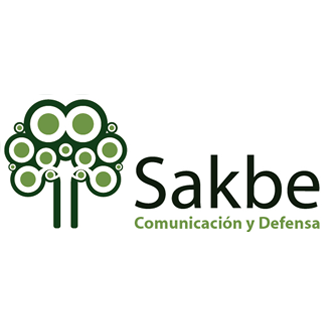Collective Governance x Solidarity Economies: Lessons from Rojava is a free, collective study. Whether you’re here for a Rojava 101 or want a deeper dive into organizing strategies, join the call! There will be live Spanish interpretation, ASL & closed captioning. Join on May 15th at 12pm PT | 3pm ET.
Join the Emergency Committee for Rojava (ECR), Movement Generation (MG), and New Economy Coalition (NEC) for a virtual collective study session on Rojava —the pluralistic, multi-ethnic, and multi-faith autonomous region of North and East Syria.
Founded on women’s liberation, ecological sustainability, and direct democracy, Rojava’s political system provides a dramatic alternative to the status quo values of patriarchy, capitalism, and the nation-state that define the Middle East and much of the world.
For over a decade, this region has defended land against ISIS and other jihadist groups; been subject to political and economic embargo and violence from the Syrian government; experienced Turkey’s invasion and occupation of Afrin, Tel Abyad, and Sere Kaniye; and most recently, is navigating the chaotic fall of the Assad regime.
At the same time, the people of the region continue to organize a unique political project, building the foundations of a multi-ethnic democratic society based on gender equality, ecological regeneration, and local power.
As we descend deeper into fascism across the globe, what lessons and organizing strategies can the progressive left glean from the collective governance and solidarity economies that the people of Rojava have been asserting? From local assemblies and regional autonomy to worker co-ops and reconciliation councils, so much of the organizing happening in Rojava is an expression of the Just Transition principles, solidarity economics, and harnessing the shocks and directing the slides to the shifts we need.
ABOUT THE EMERGENCY COMMITTEE FOR ROJAVA
The Emergency Committee for Rojava was founded in 2018 in response to Turkey’s invasion of Afrin. Their mission is to defend Rojava, formally known as Autonomous Administration of North and East Syria (AANES), popularize its political ideas, campaign against U.S. complicity in Turkey’s war on the Kurds, and urge the resumption of peace negotiations between the Kurdish movement and the Turkish government.
They believe Rojava’s experiment in democratic confederalism, built on principles of pluralism, ecology, and feminism, offers a new model of radical democracy in a world that clearly needs one.

The holidays are special; a chance to stop working, slow down and spend time with family and friends. The numerous family gatherings will likely involve discussions about the state of the world, politics, climate change, and maybe even degrowth. In case you find yourself in this scenario, we have put together this list of tips and suggestions for how to discuss degrowth with family and friends...

This article is written by Claudia Gómez-Portugal in the scope of the Stream towards Degrowth. As a Mexican activist and promoter of social change she founded the organization SAKBE – Commons for Social Change and the Free Learning Communities for Life Initiative – and commits herself to developing communication strategies for social change, effective participation, [...]
On 14 March the last submission period closed for contributions to the conference. After a first quick review it was already clear that all expectations were far exceeded: more than 350 scientific papers were received from a broad range of disciplines such as economics, psychology, geography and urban planning. Further 260 proposals for practice-based activities were submitted by various civil-...